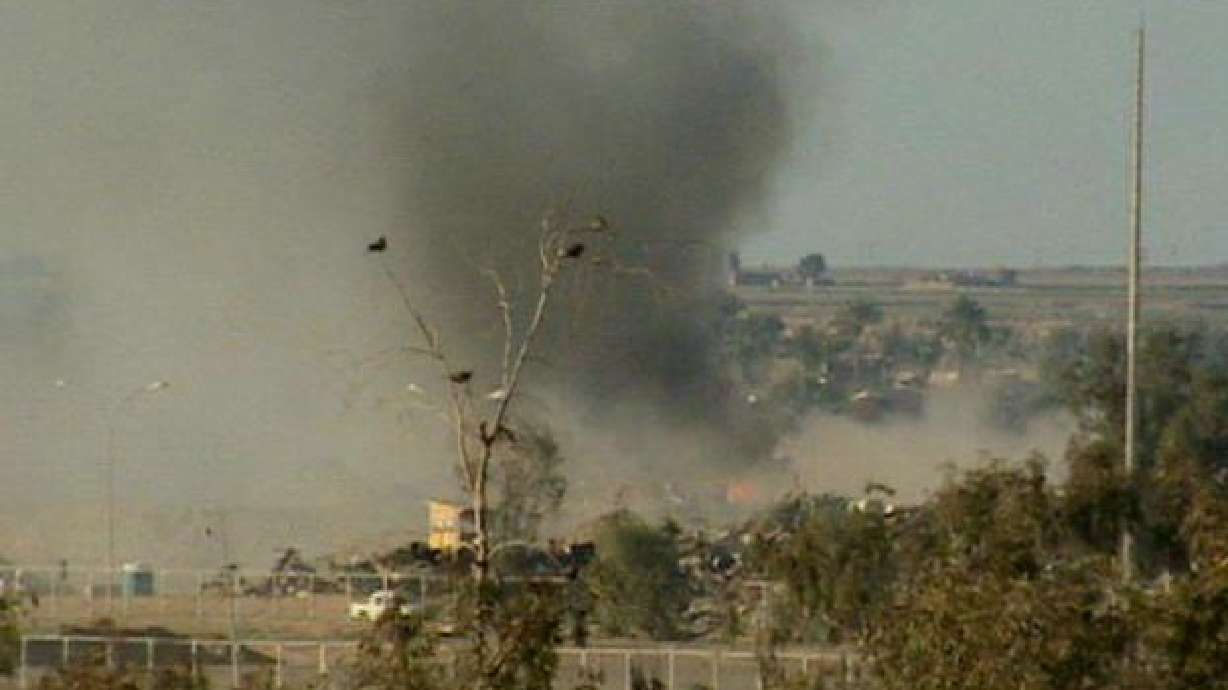Estimated read time: 2-3 minutes
This archived news story is available only for your personal, non-commercial use. Information in the story may be outdated or superseded by additional information. Reading or replaying the story in its archived form does not constitute a republication of the story.
Kerry Barrett ReportingWhen Utah airmen deploy to Iraq, many spend time at the airbase in Balad. So what is it actually like when you're there day in and day out?
Lt. Col. Peter Gersten, Pilot and 388th Commander: "Getting in here, in a threatened environment, in the weather, a dust storm was in place, finding a runway we've never been to, landing on a surface that wasn't really prepared for F-16s, it was literally going into the wild, wild, west."
Just getting to Balad was a challenge, but it's living in this environment that poses the real difficulties.

Lt. Col. Peter Gersten, Pilot and 388th Commander: "In a bare base environment, how are we going to survive with just what we brought here?"
Survive, even thrive; it's not easy. The sorties are long and often intense, but we're told it's the time in between work hours that's so different, dealing with the day to day.
Capt. Scott Johnson, Pilot: "Having to wash your hands 12 times a day just to keep from getting sick."
Something we noticed right away, one of the biggest challenges here is actually on the ground, it's the dirt. It's so fine it's like dust, like talcum powder. It settles into everything, including your lungs, giving people what is affectionately known as Balad cough.
Before the coughing you heard a lot of rain. During the rainy season boardwalks, which now they look somewhat out of place, were the only thing that got them from point A to point B.
Lt. Col. Peter Gersten: "Things were floating around. There goes your desk, there goes your table, there goes your bed. You wake up in the morning, you're sopping wet."
Temperature extremes with 30s at night and 90s in the day. And added to the dusty mixture, is the burn pit, located right at the perimeter. That's where the military burns left-over waste like food, tires and plastic-ware. During the day, the smoke blows away from the base. During the night, the wind dies down and a thick, heavy smoke from the burn settles over the base.
In fact the effects from that heavy smoke sitting atop the base is qualifying some for medical disability. We've talked about some of the environmental challenges to daily living. Tomorrow we'll talk about a little more about some of the physical challenges of living in a war zone.








